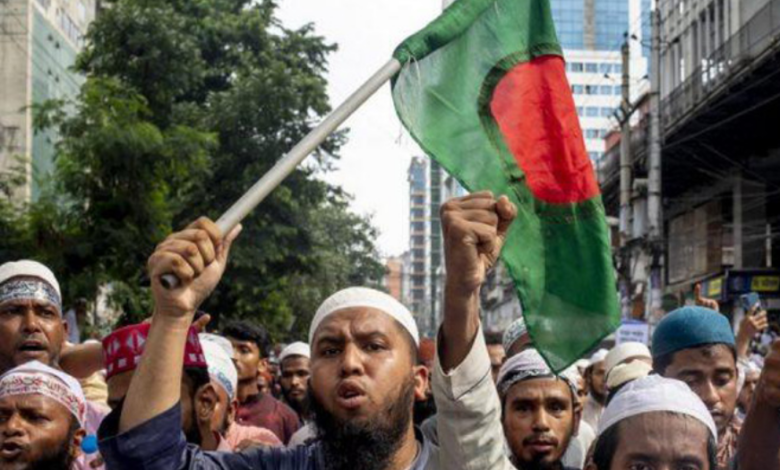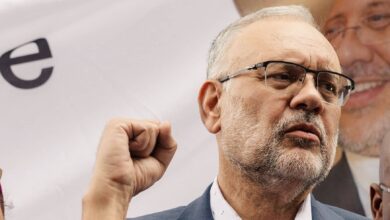
Caretaker administration responds that ex-PM Hasina’s allegations of its ‘terrorist activities’ during student protests too were baseless.
Currently, Bangladesh’s interim government under the Nobel laureate, Muhammad Yunus, has managed to revoke a ban on the Jamaat-e-Islami party that was experienced under an anti-terrorism law.
The Ministry of Home Affairs withdrew its recent order to ban the largest Muslim party in the country since the arrest of former Prime Minister Sheikh Hasina’s administration. It accused its members of inciting unrest throughout the country during the December students’ uprising that led to the Prime Minister’s removal from office.
In a gazette notification put out by the caretaker government, it stated there was “no specific evidence of any link to Jamaat” and its affiliates and that “terrorism activity cannot be substantiated.”.
The party dismissed claims that it incited violence during the protest that saw students rise against a quota system for civil service jobs, insisting that the ban was ‘illegal, extrajudicial, and unconstitutional.’.
Jamaat-e-Islami, with its millions of followers, was declared a political party in 2013, but was then banned from participating in the elections as the high court judges deemed its charter unconstitutional for the secular state of the Muslim majority of 170 million people.
It was then voted out in the subsequent elections in 2014, 2018, and in January of this year, through which 76-year-old Hasina clinched her fifth term in highly fraudulent polls without adequate contestation.
Hasina’s government banned the party on August 1, four days before student-led protests ousted her government, and she escaped to India in a helicopter.
Bangladesh Nationalist Party’s secretary-general Mirza Fakhrul Islam Alamgir had alleged the Hasina-led government of attempting to distract from a security forces operation that led to over 600 deaths, estimated by the United Nations.



